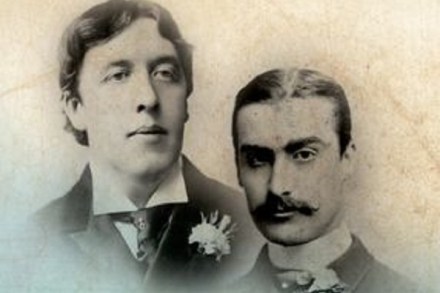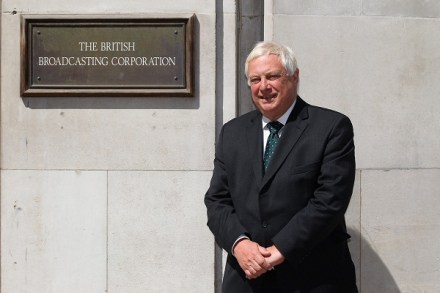Going, going, gong
Comedy bad boy Heydon Prowse, famed for digging a pound sign into Alan Duncan’s front lawn at the height of the expenses scandal, was honoured for his services with a golden gong at Sunday night’s Baftas. Steerpike hears he hit the celebrations at the Southbank Centre after-party a little too hard. Prowse was the last guest standing, running around asking if anyone had seen his Bafta. When he finally surfaced he told me: ‘I left it on the dance floor. You have no idea how heavy those things are, like genuinely heavy.’ But who would pinch a gong at an awards show? Prowse has a theory: ‘I reckon the Made in Chelsea












